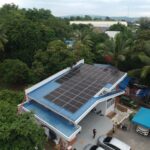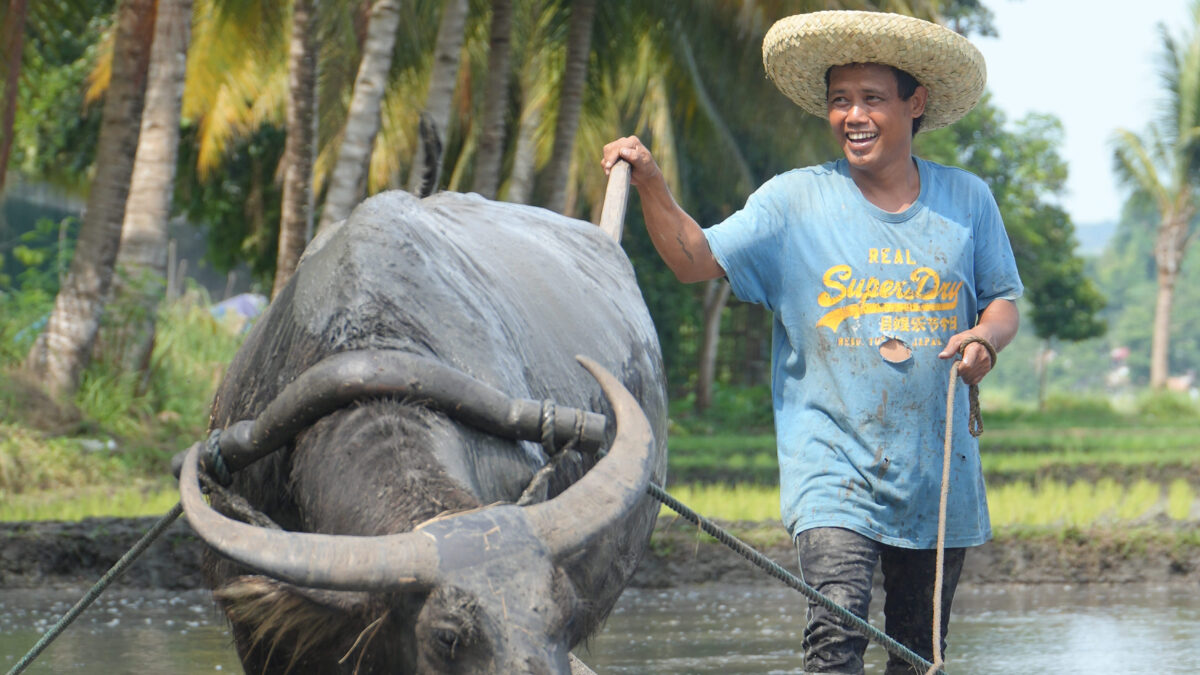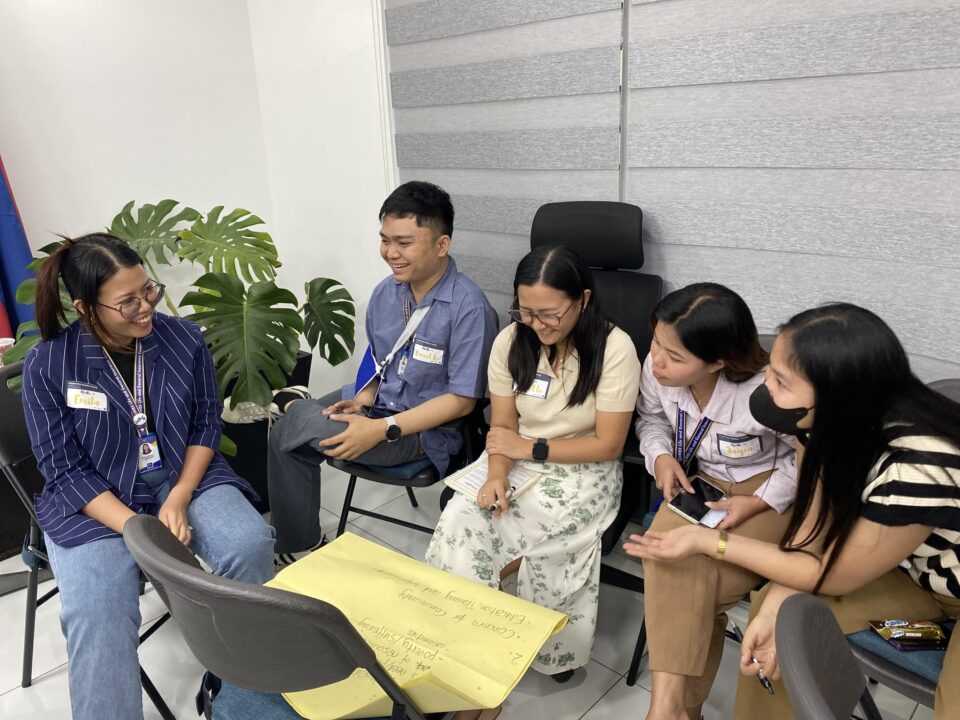
A Beacon of Renewable Hope: ReCOOP brings accessible, renewable energy into action
August 26, 2025
Breaking Barriers: How Microinsurance is the key to building ‘sustainable, resilient communities’
August 26, 2025CAGAYAN DE ORO– In times of natural calamities, it is imperative to have a disaster response mitigation strategy in every country. Gaining access to the loss and damage fund would greatly impact developing countries such as the Philippines to provide immediate care and supplies for underprivileged sectors that are highly susceptible areas when it comes to climate-related risks.
Dry spells and high crop losses are two examples of events that may eventually raise concerns about the Philippines’ ability to offer farmers and the agri-value chain reliable agri-insurance plans during climate disasters, in an effort to meet the growing demand for agriculture insurance among farmers, a number of private companies have taken the initiative to work with the Philippine Crop Insurance Corporation (PCIC) to provide needs-based insurance services to smallholder farmers, despite the growing need for climate finance to integrate into the market. Climate change transcends all farming operations, whether they are small-scale or large-scale.
This significant step has garnered the agriculture sector a noticeable change in terms of providing assistance to farmers, including CLIMBS’ Weather Protect Insurance. This flagship product aims to provide assistance to farmers and raise impact on sustainable agriculture through the lens of a working cooperative business model that continues to evolve and capacitate gender, ecosystem-based adaptation, renewable energy and explore climate resilient strategies.
The Asian Development Bank (ADB) has been a vital key player in assisting the government sector in the microinsurance industry since 2008. Forging public-private partnerships fuels a growing future for the agri-insurance industry and minimizes the growing threats of disasters from threatening the farmer’s livelihood, which ultimately leads to significant crop losses, land degradation, and delayed harvests due to adverse weather conditions.
As a developing climate insurance organization, CLIMBS aims to deeply integrate into sustainable agriculture and offer unique solutions that cater to the needs of people highly susceptible to climate-change related consequences. Developing its parametric insurance has been a great financial safety net for farmers and rural communities.
Its primary focus has been on climate action and sustainable development, marking the beginning of the 2025 cooperative year, which aligns with the UN’s International Year of Cooperatives (IYC2025). These types of climate-induced disasters have played a key role in connecting climate action with disaster resilience preparedness, an area where CLIMBS strives to be a forerunner.




